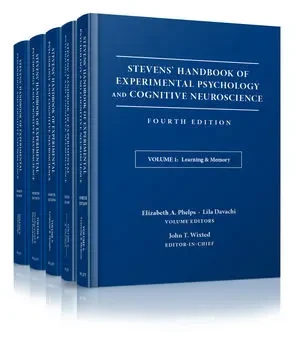
Henry Leutwyler
Smartfox Books Code: PR36813
$94.80 USD
Normally: $158.00
all categories: $63.20 off
Normally: $158
Normally: $158
Description:
Henry Leutwyler's new book Document reveals the unseen, the humble, and the intimate within iconic moments: the first moonwalk, political assassinations, the lives of musicians, artists, and athletes. The product of twelve years of discovery and dreaming, Document is a collection of portraits of things: Mahatma Ghandi's sandal, Alan Shepard's golf club, Janis Joplin's acoustic guitar, Jack Ruby's handgun. Leutwyler shows us these objects close up-straight on and without backdrop-a style that is equal parts still life, portraiture, and crime scene photography. Isolated from their contexts and owners, the objects have our full attention, and although we have never seen them, they feel utterly familiar. These are authentic objects, imperfect and unrestored, and in their scuffs, scratches, dirt and wear they powerfully evoke presence. They are the testaments of bodily histories, the traces of personalities, and the stuff of our collective memory. Document invites us to engage with our "icons" in wholly new ways, and to see our history differently, through the unexpected emotional charge of singular objects.
Henry Leutwyler's new book Document reveals the unseen, the humble, and the intimate within iconic moments: the first moonwalk, political assassinations, the lives of musicians, artists, and athletes. The product of twelve years of discovery and dreaming, Document is a collection of portraits of things: Mahatma Ghandi's sandal, Alan Shepard's golf club, Janis Joplin's acoustic guitar, Jack Ruby's handgun. Leutwyler shows us these objects close up-straight on and without backdrop-a style that is equal parts still life, portraiture, and crime scene photography. Isolated from their contexts and owners, the objects have our full attention, and although we have never seen them, they feel utterly familiar. These are authentic objects, imperfect and unrestored, and in their scuffs, scratches, dirt and wear they powerfully evoke presence. They are the testaments of bodily histories, the traces of personalities, and the stuff of our collective memory. Document invites us to engage with our "icons" in wholly new ways, and to see our history differently, through the unexpected emotional charge of singular objects.

















.jpg)
















































ulva-Logo.jpg)
